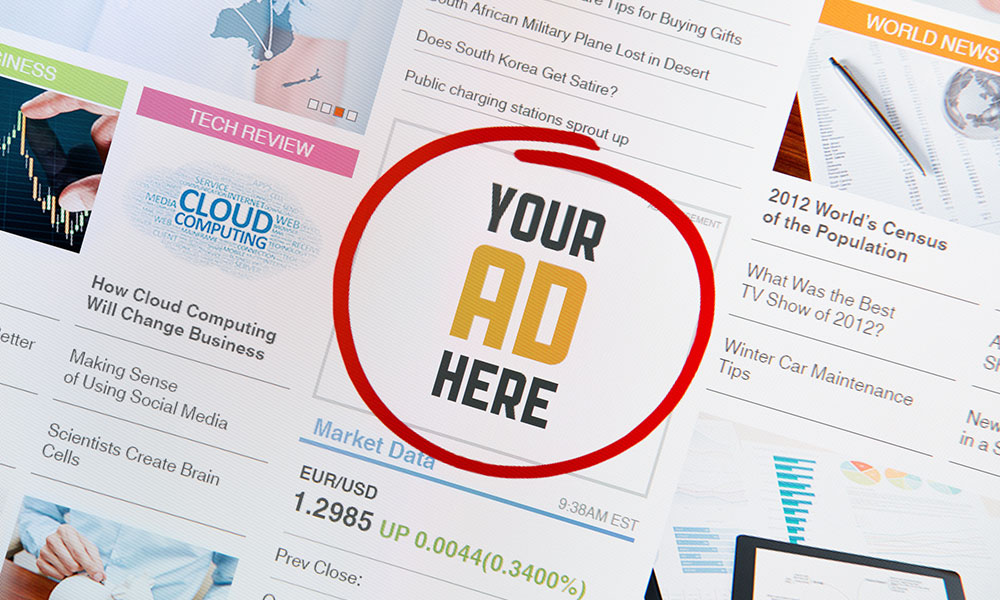
Ad Groups Want a Say in “Better Ads” Implementation
As Google considers automatically blocking certain kinds of annoying ads in its Chrome browser, three advertising trade groups are calling on the Coalition for Better Ads to create formal compliance standards for removing intrusive ads from the web.
Should browser-makers be in charge of deciding what constitutes an annoying ad? Not necessarily, argues a trio of advertising trade groups.
In a letter sent to the head of the Coalition for Better Ads (CBA) [PDF] last week, the heads of the Association of National Advertisers (ANA), the American Association of Advertising Agencies (4A’s), and the Interactive Advertising Bureau (IAB) called for a set of industrywide compliance standards to help self-regulate intrusive or annoying advertising.
The coalition, which includes a variety of trade groups, advertisers, publishers, and agency partners, has set standards for digital advertising and identified advertising formats considered annoying by most consumers on mobile and desktop formats. Thus far, CBA has identified four desktop ad types and eight mobile ad types considered annoying by most audiences.
The three ad associations are asking the coalition to consider a voluntary framework called “The Better Ads Experience Program,” which would encourage stakeholders to comply with the standards that CBA comes up with in a consistent way.
The push comes at a time when some makers of browsers, particularly the market-leading Google Chrome, have said they will block particularly intrusive advertising automatically based on CBA recommendations. In their letter, the ad groups say that approach would lead to confusion:
We are united in our belief that any standards-based program to diminish unacceptable user experiences must be based on industrywide self-regulation, and not left to individual browser companies or other delivery technology companies to implement according to their own interpretations and assessment processes. Independently developed practices for filtering or blocking marketing communications by multiple different browser-makers and other technology intermediaries would create chaos in the marketing-media supply chain and reduce both the quality and output of our member companies.
The writers cited the “chaos” created by Apple when it blocked third-party tracking cookies in the latest versions of iOS and macOS. That decision has proven more popular among privacy advocates than in the advertising world.
In comments to Ad Age, Google responded positively to the letter.
“We are excited to see the IAB, ANA, and 4A’s propose a tactical solution for browser companies who want to support the Better Ad Standards and improve the ad experience for users across the web,” the company said. “We will continue to work with the Coalition for Better Ads to determine how Chrome will support the standard.”
(pressureUA/iStock/Getty Images Plus)






Comments